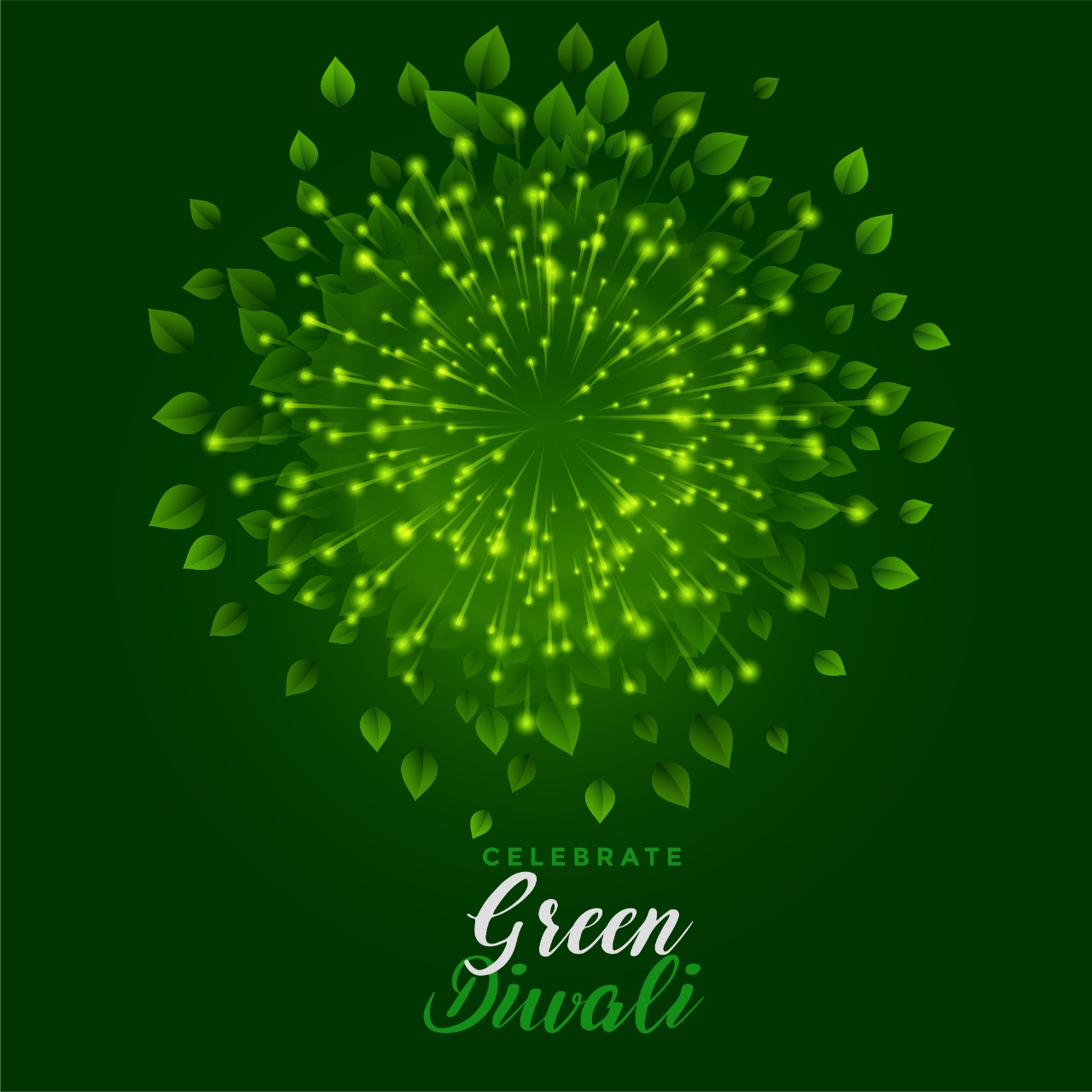Diwali, the festival of lights, sweets, and elegant outfits, remains incomplete without firecrackers. However, with global warming and climate change looming upon us like a dark cloud, we must rethink and re-consume the use of firecrackers. Many would consider Diwali incomplete without those as they believe Diwali is called the festival of lights does not get this label with just the lighting of lamps, lanterns, and Diyas. For most, it’s the firecrackers that add to the fun of this festival.
As the world moves towards an eco-friendly and sustainable future, aligning with UN Sustainable Development Goals for the future, we must abide by certain rules by doing our bit towards the greater good.
Since the last few years, there have been questions raised on the topic of safety and pollution with regard to the use of firecrackers. Specifically, with the issue of Smog in Delhi and the high level of pollution reported in most cities of India, health concerns are on the rise. Simply placing a ban on firecrackers would lead to protests and not restricting the unhinged use of firecrackers will also result in protests over health concerns. However, there does exist a middle ground in this regard.
Switching over to an eco-friendly Diwali would help keep up with the ‘fun’ quotient while also watching one’s health and the safety of the environment. Here’s how we can make Diwali 2k22 eco-friendly, healthy, and fun at the same time by abiding by this four-step guide:
Green Crackers >>> Regular, traditional firecrackers
With certain states imposing a ban on firecrackers, for the last few years ‘green crackers’ are being promoted to be used for a limited number of hours. Essentially, green crackers are eco-friendly firecrackers that are manufactured using raw materials which do not leave a dangerous impact on the environment and pose fewer health risks as compared to traditional, regular firecrackers.
The use of ‘green crackers’ was pushed by the government as a way to curb pollution and other health risks that were on the rise due to the use of firecrackers during Diwali over the last few years. Green crackers were first introduced in 2018 by CSIR- National Environmental Engineering Research Institute (NEERI). Shops registered with the government mandates and rules were allowed to sell green crackers.
Green crackers essentially constrain raw materials that do not contain strong chemicals such as Barium, Potassium, Carbon, etc; that pose deep risks to the environment. Although we do have the option of ‘green crackers’, we often question whether this alternative really does make a difference. It has been observed that the use of green crackers has led to a slight decrease in air pollution as according to experts, green crackers are 30 percent less pollutive than regular firecrackers. Furthermore, green crackers also have lower sound levels which stand at 110-125 decibels which also help control the issue of noise pollution as compared to regular firecrackers which emit 160 decibels of sound.
With enough talk about what the composition of green crackers is and how we can expect them to make a difference, the most important question is how do we know which ones are ‘green crackers’ and which ones are not? Well, green or eco-friendly crackers carry the CSIR NEERI logo which can be used as a major identifier to differentiate them from regular firecrackers. Secondly, green crackers can be purchased from government-registered and mandated shops. However, the sale of green crackers has also been made available online. The Only downside of it would be their cost, as they fall onto the more expensive side. Despite this, it is strongly recommended that all must switch over to ‘green crackers’ this Diwali if they wish to enjoy the festival guilt-free.
Organic and eco-friendly Rangolis
Rangolis bring out the inner artist among all ahead of and during Diwali. These elaborate designs are made from colours, similar to those used during the festival of Holi-Dhuleti, according to one’s tastes, creativity, and traditions. The majority of our social media feeds are filled with women perched across their Rangolis ahead of Diwali. But, is there such a thing as an eco-friendly Rangoli? Not really, but there can be. When we are out for our extensive Diwali shopping, it is important to shop for ‘organic colours’. Just as we use ‘organic’ colours for Holi, we must switch over to the same for making Rangolis.
We can make use of products such as Turmeric, Kumkum, and Coffee powder to create Rangolis. Flowers and leaves can also be used to create Rangolis, such as Roses, Marigolds, and Chrysanthemums. These can be then disposed of in a compost pit post-festival.
Switch over to hand-made products ASAP!
The use of handmade products to create gifts and decorations helps to an extent. The use of handmade paper, and paper stocks products made that are plant-based should be used for decorations. The use of traditional gift-wrapping paper can be replaced with an environment-friendly alternative: classic newspapers. Using newspapers to wrap up the gifts and adding ribbons and small decorations to spruce up the gift will also help.
Diyas to light up your homes:
Sticking to one’s tradition of lighting Diyas, we can spruce up our Diwali by making use of Diyas made from clay, which also supports the Vocal For Local initiative and help support small-scale workers from rural areas.
Happy Diwali!
–An Article by Shreya Raolji





